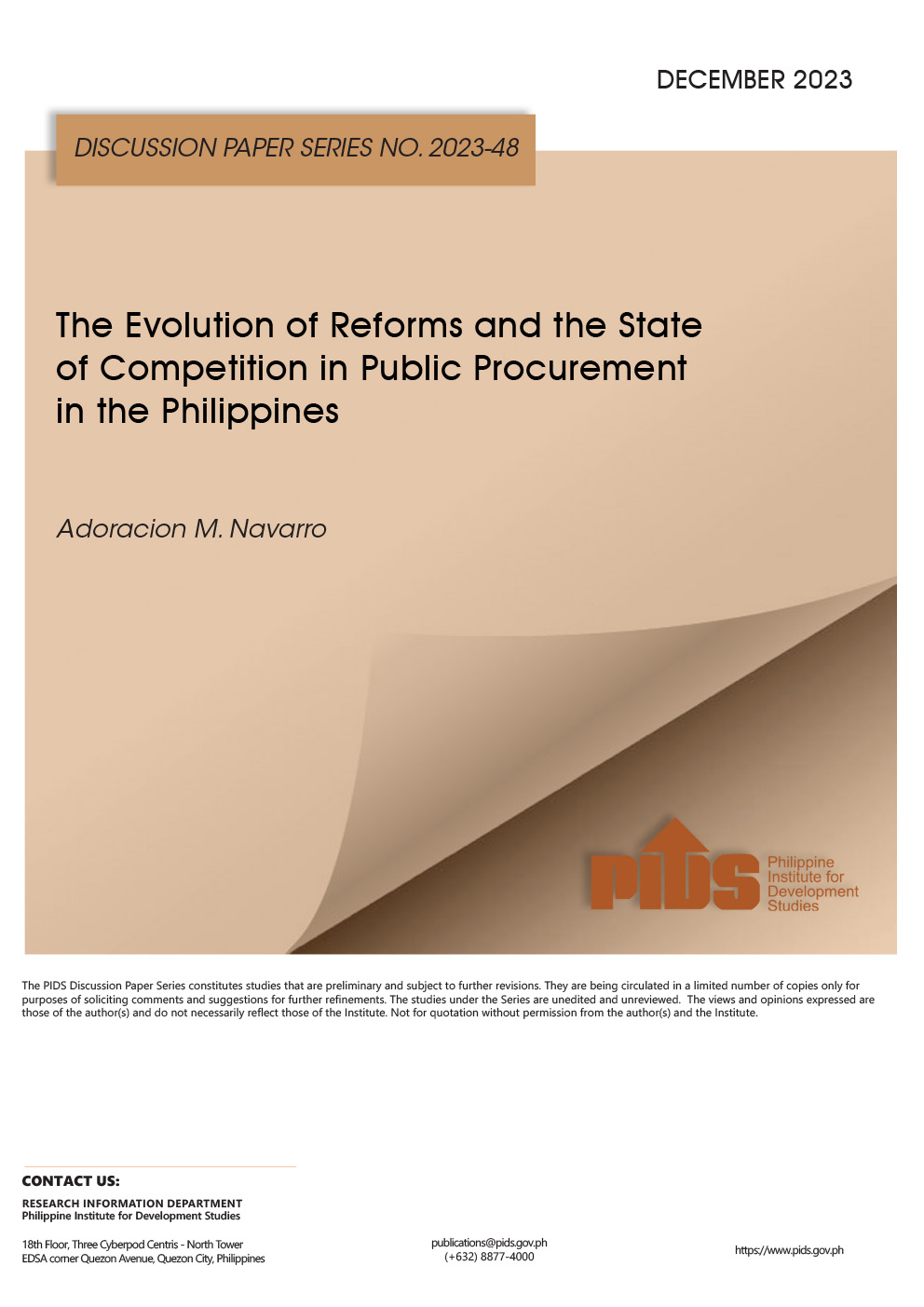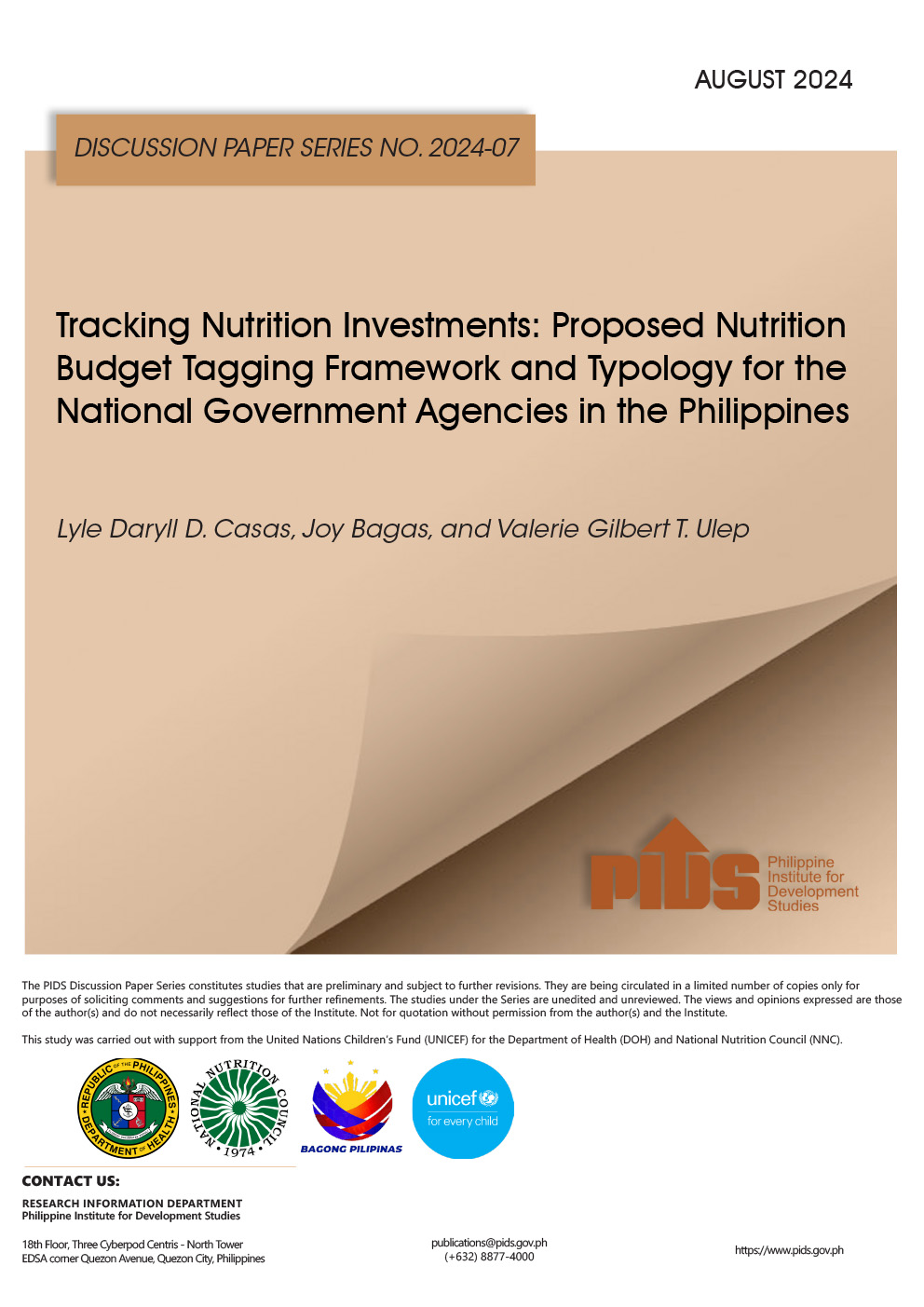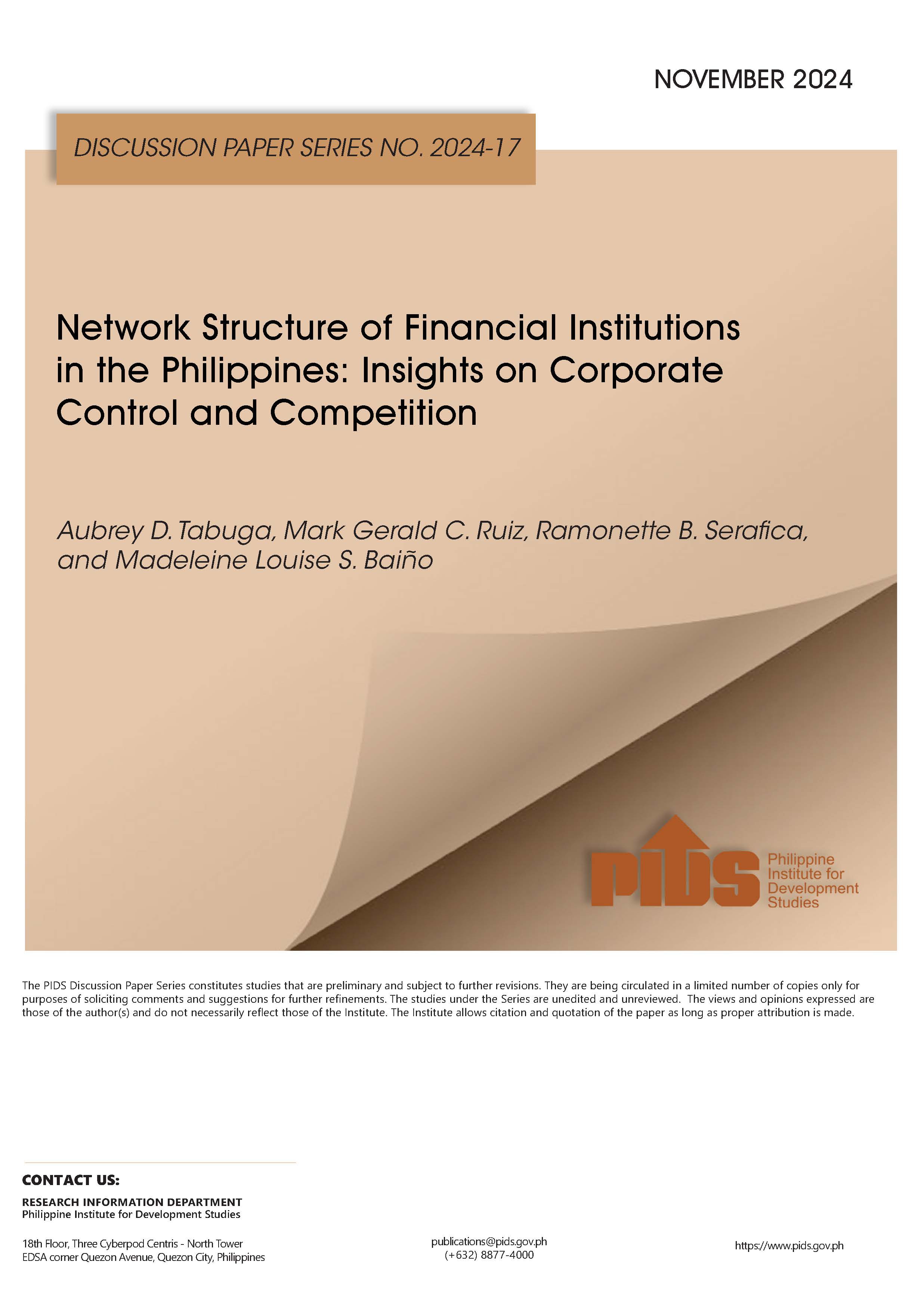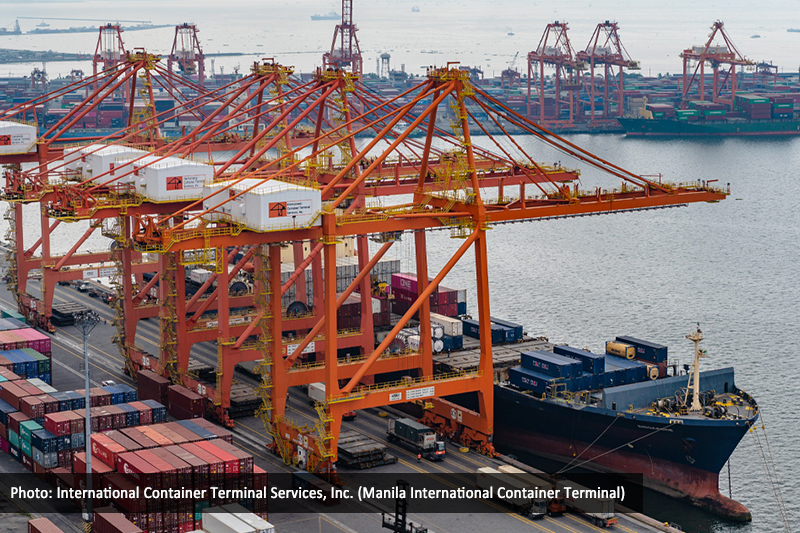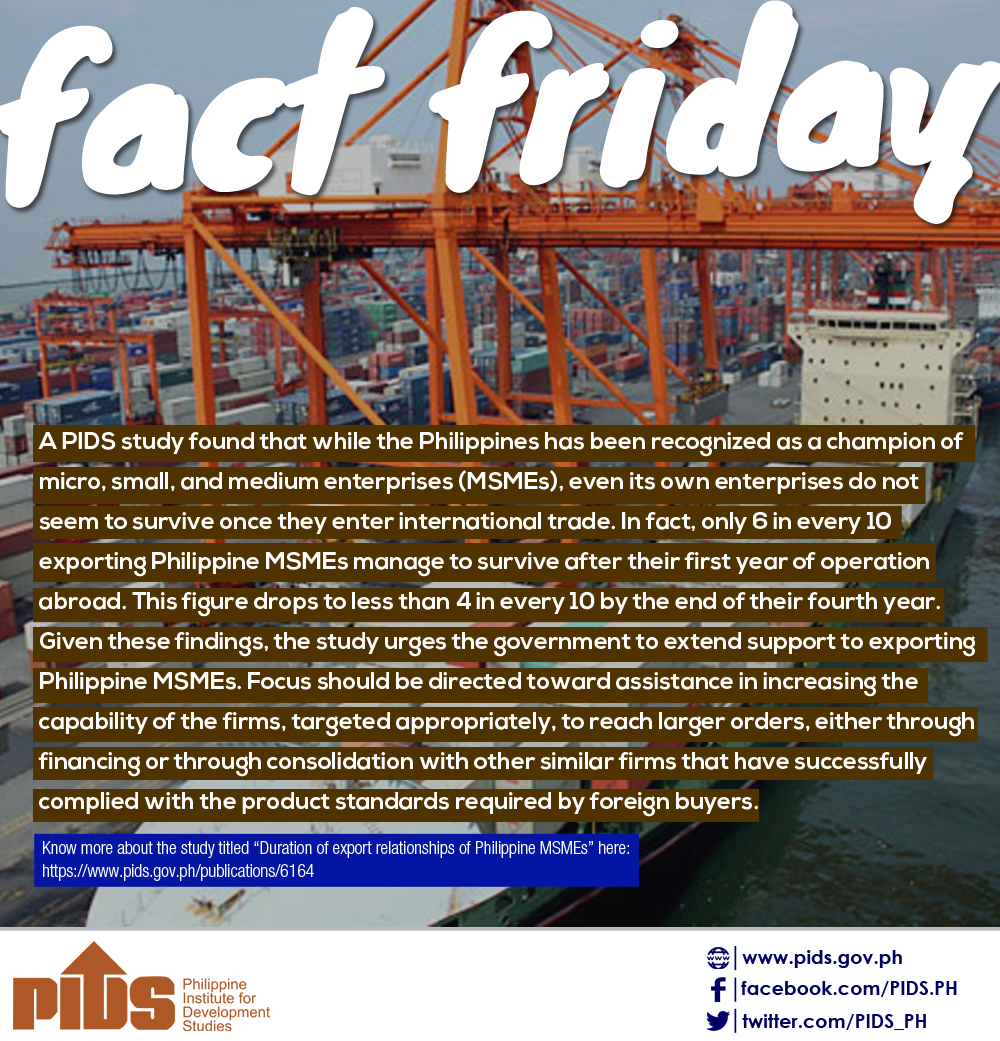Exporters are urging the Philippine Competition Commission (PCC) to fast track the implementing rules and regulation (IRR) of the Philippine Competition Act.
This would help the industry to identify good market and competition practices and attract more investment under the Asean Economic Community (AEC).
Republic Act 10667or the Philippine Competition Act (PCA) will help ensure that existing businesses operate on within a level playing field, said Philippine Exporters Confederation Inc. (Philexport) President Sergio Ortiz-Luis Jr.
“This is critically important within the Asean Economic Community to protect both local and foreign businesses with the legal environment against anti-competitive trade practices,” he said in a recent conference on the Comprehensive Competition Law.
Ortiz-Luis said many countries, including Asean neighbors Indonesia, Malaysia, Singapore, Thailand, and Vietnam, have adapted strong legal frameworks to guard against anti-competitive trade practices.
“It is interesting to note that these countries also register higher foreign direct investments or FDIs than its Asean brothers which have not adopted their competition law,” he said.
The newly passed competition law was signed in July 2015, and was passed in December the same year.
Ortiz-Luis said there is a need for micro, small and medium enterprises (MSMEs) to participate in economic growth.
“While exporters are mainly global players, our interest lies on the fact that exporters also consume domestic goods and services as part of export production. For this reason, a conducive environment must be in place to ensure that prices, quality and availability of these goods and services must be at competitive levels,” he said.
“At the same time, however, as global and regional players, we want to help ensure that they compete in a level playing field,” he added.
For her part, Erlinda Medalla, a senior research fellow at the Philippine Institute for Development Studies (PIDS), said the new competition law keeps firms from “unfairly” dominating the market by means other than becoming more efficient than other players.
Medalla noted the “abuse of market power” includes agreements to fix prices and
outputs, agreement to divide markets, collusive tendering and bid rigging, resale price maintenance, exclusive dealing, and tying sales to limit competition from rival firms.
“It’s a landmark legislation. It’s about time we have one. On the whole, it provides a good legislative framework for competition policy and law,” Medalla said.
Earlier, PCC Chairman Arsenio Balisacan said the commission would complete the IRR in June.//
This would help the industry to identify good market and competition practices and attract more investment under the Asean Economic Community (AEC).
Republic Act 10667or the Philippine Competition Act (PCA) will help ensure that existing businesses operate on within a level playing field, said Philippine Exporters Confederation Inc. (Philexport) President Sergio Ortiz-Luis Jr.
“This is critically important within the Asean Economic Community to protect both local and foreign businesses with the legal environment against anti-competitive trade practices,” he said in a recent conference on the Comprehensive Competition Law.
Ortiz-Luis said many countries, including Asean neighbors Indonesia, Malaysia, Singapore, Thailand, and Vietnam, have adapted strong legal frameworks to guard against anti-competitive trade practices.
“It is interesting to note that these countries also register higher foreign direct investments or FDIs than its Asean brothers which have not adopted their competition law,” he said.
The newly passed competition law was signed in July 2015, and was passed in December the same year.
Ortiz-Luis said there is a need for micro, small and medium enterprises (MSMEs) to participate in economic growth.
“While exporters are mainly global players, our interest lies on the fact that exporters also consume domestic goods and services as part of export production. For this reason, a conducive environment must be in place to ensure that prices, quality and availability of these goods and services must be at competitive levels,” he said.
“At the same time, however, as global and regional players, we want to help ensure that they compete in a level playing field,” he added.
For her part, Erlinda Medalla, a senior research fellow at the Philippine Institute for Development Studies (PIDS), said the new competition law keeps firms from “unfairly” dominating the market by means other than becoming more efficient than other players.
Medalla noted the “abuse of market power” includes agreements to fix prices and
outputs, agreement to divide markets, collusive tendering and bid rigging, resale price maintenance, exclusive dealing, and tying sales to limit competition from rival firms.
“It’s a landmark legislation. It’s about time we have one. On the whole, it provides a good legislative framework for competition policy and law,” Medalla said.
Earlier, PCC Chairman Arsenio Balisacan said the commission would complete the IRR in June.//

